The Riven Heart of Moscow
€9.99 – €29.99
Sivtsev Vrazhek
Author: Mikhail Osorgin
Translator: Svetlana Payne
In 1914, the Russian Empire is at its peak of affluence. The future looks bright, and spring brings new promise with the migrating swallows heralding summer…
In 1914, the Russian Empire is at its peak of affluence. The future looks bright, and spring brings new promise with the migrating swallows heralding summer. Ivan Alexandrovich, internationally renowned professor of ornithology, lives with his granddaughter Tanyusha, an aspiring concert pianist, in their family villa in Sivtsev Vrazhek, a little lane in central Moscow. They hold weekly musical soirées, and entertain their friends ― dashing cadets, scientists, lawyers, and musicians. However, tectonic shifts are just around the corner and the ensuing catastrophic crisis will rip apart not only Russia, but also Europe and the entire world.
The First World War, the Revolution of 1917, the fratricidal civil war in Russia, and the subsequent rise of the Red Terror will destroy many of the things previously considered certain and eternal. There will be death, hunger and loss, betrayal of and by friends, courageous ― if futile ― attempts to intercede on behalf of the victims. Yet despite the prevailing cruelty and wickedness, common humanity will still strive to survive and shine. This is a story of a family living through impossible trials, of a society torn apart, and of the survival of the human spirit against all odds.
| Dimensions | 127 × 203 mm |
|---|---|
| Author | Mikhail Osorgin |
| Pages | 496 pages |
| Publication date | 14th August 2023 |
| Book Format | Hardcover, Paperback, EPUB, Kindle |
About the Translator
Sveta Payne (aka Svetlana Dubovitskaya) was born in Ternopol (as it was called at the time when all toponymics were only spelled in Russian, nowadays it is Ternopil), on the western rim of the Soviet Union, in 1961. The territorial volatility of the region, Galicia, gave her a relatively cosmopolitan view of the world. She studied at the University of Lvov/Lviv, graduating with honours in philology, teaching foreign languages, and translation. The love of both spoken and written word led her to gain a command of seven languages.
Her earliest professional linguistic experience was taking parties of western visitors around the geographical and cultural diversity of the Soviet Union, under the auspices of the Peace Committee of the USSR. With Glasnost, Perestroika and the fall of the Wall, she found herself in an advantageous position, and through an ability for simultaneous interpreting, technical and literary translation between Russian, English and other European languages, she was able to work for western companies that sought to invest in the newly emerging state. During this period, she worked for many major global concerns such as the World Bank, UNDP, Morgan Stanley, OECD, and the European Union’s investment and development programmes. However, whilst engaged in bringing her use of languages into the working world, she was always acting on her determination to bring Russian literature to a wider audience by translating Russian poets, writers and film dialogues into English.
During the 1990s she spent progressively more time in the UK, and moved there permanently in 1997 when she married a UK scientist. For some time, she was the UK correspondent for the Russian weekly magazine, Ogonyok, writing features on British life and culture. Whilst she went on to work for a number of UK institutions such as the BBC Russian Service and Factiva (news service for Reuters), she also turned to publishing her translations of Russian poets. Her illustrated compilation of poetry by Daniel Kharms, The Charms of Harms, appeared in 2011 and is still selling today. As a reverse in the cultural tide, in 1997 Sveta produced a Russian translation of T. S. Elliot’s The Old Possum’s Book of Practical Cats, which has now been through a sufficient number of reprintings to achieve a ‘Gold’ version. The year 2012 saw the publication of her translation of The World’s Wife, by Carol Ann Duffy – translated with a view to bringing this work to the attention of the assiduous reading public of Russia. In the same mode she was commissioned by one of the leading theatres of Moscow to translate the libretto of Jesus Christ Super Star, to enable a performance of this very popular musical in Russian.
More recently, Sveta has engaged with contemporary Russian writing, having translated a biography of Boris Yeltsin (Boris Yeltsin: The Decade that Shook the World, Glagoslav), a novel by Arseny Revazov (Loneliness-12, A&NN) and co-worked on two novels by the prize-winning Russian author Victor Pelevin (S.N.U.F.F. and Empire V, Gollancz).
Whilst still engaged with languages in the business sector, Sveta continues to promote her vision of international cultural understanding, particularly between the English- and Russian-speaking worlds. Her most recent work is a translation of The Riven Heart of Moscow (Sivtsev Vrazhek) by Mikhail Osorgin – a book written in the aftermath of the Revolution and the First World War and offering an eyewitness testament to these events as well as a cross-section of the chaotic changes to Russian society caused by them.
Sveta is now mainly based in London, and divides her residence between the UK and the south of France.
Endorsements and Review Quotes
“Wide-ranging and digressive, the narrative rattles along, with touches of humour and irony, always with compassion and insight, with death an ever-pervasive backcloth.” Mandy Jenkinson, Historical Novel Society
Only logged in customers who have purchased this product may leave a review.
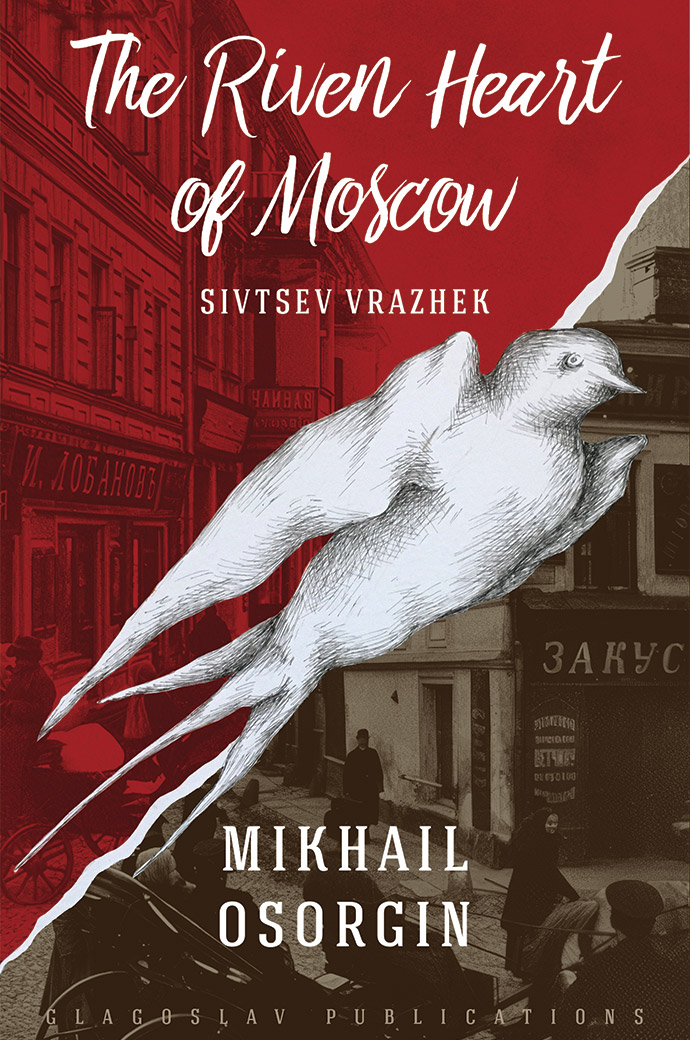
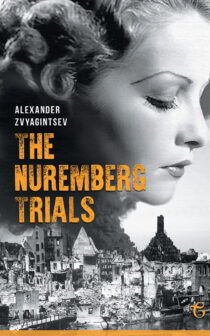
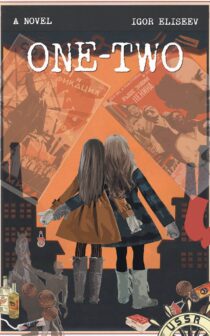
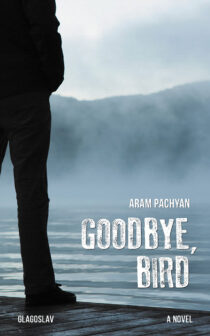
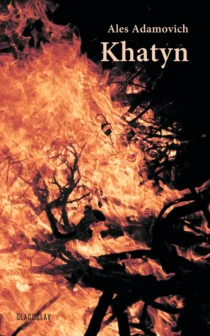
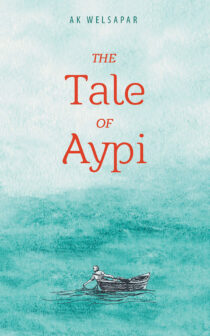
Reviews
There are no reviews yet.